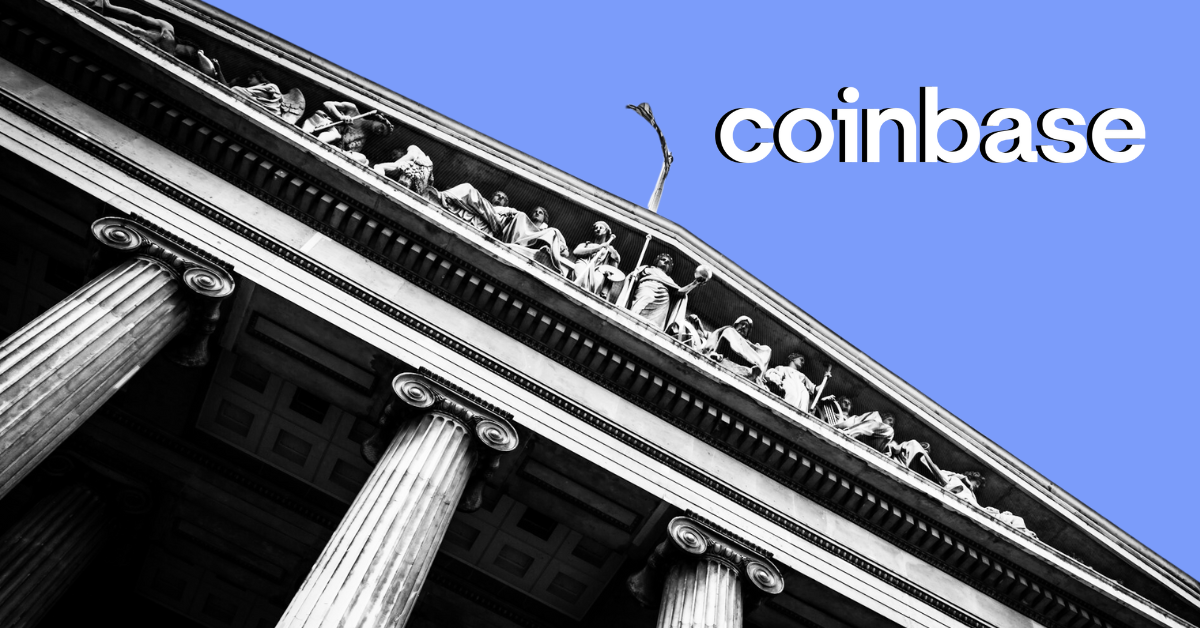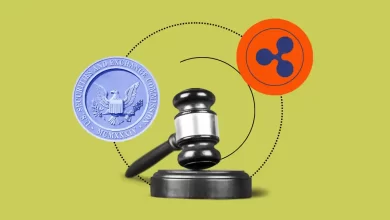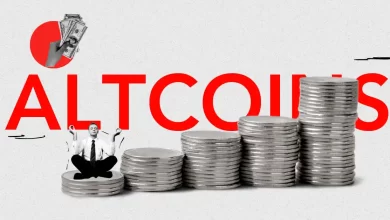Coinbase vs SEC: What if Coinbase’s Interlocutory Appeal Request Is Denied?

Coinbase asks court to clarify if investment contracts require post-sale obligations (important for SEC lawsuit).
If Coinbase's appeal is denied, crypto market regulations might stay unclear for years.
A win for the SEC could discourage new crypto laws as some might argue the SEC already has enough power.
Coinbase, a significant player, has taken a step into the legal arena by filing a motion in a U.S. court. Their objective? To seek clarity amidst an ongoing legal skirmish with the Securities and Exchange Commission (SEC).
At the crux of the matter lies a crucial question: do obligations accompany investment contracts even after they’ve been sold? While Coinbase argues affirmatively, the SEC presents an opposing stance. Resolving this issue holds paramount importance for the ultimate outcome of the lawsuit.
The genesis of this debate lies in Coinbase’s request to file an appeal against a recent ruling by Judge Katherine Polk Failla. However, as Coinbase forges ahead, experts caution about the potential ramifications.
Here’s Some More Information: Coinbase vs SEC Takes a Twist as Coinbase Appeals Ruling on Investment Contracts
Potential Outcomes and Consequences
MetaLawMan analyzes the potential outcomes of the case and the implications of Coinbase’s request for an interlocutory appeal.
What if Coinbase’s appeal is declined? Here are the potential ramifications:
#Consequence 1: Prolonged Legal Battle
it means the legal battle between Coinbase and the SEC will drag on for at least two more years. During this time, there will be ongoing uncertainty over how U.S.-based crypto markets, including both centralized exchanges (CEX) and decentralized exchanges (DEX), are regulated and operated.
#Consequence 2: Establishing a Precedent
Judge Failla’s ruling could serve as a benchmark for similar cases nationwide. The SEC might leverage it as a persuasive tool in future crypto-related litigations, thereby making the defense of crypto firms a daunting task.
#Consequence 3: Growth of Opposition
An analyst predicts that adversaries of crypto regulations will seize upon Failla’s verdict to push back against proposed laws. They’ll argue that the SEC already possesses ample authority to oversee the crypto domain.
#Consequence 4: Strategic Moves
Another lawsuit, the Do-Kwon case, could become the inaugural case to reach the Second Circuit Court of Appeals. Timing holds pivotal significance, with Ripple aiming to present its case at the appellate level.
Prepare for the Showdown!
However, Bill Morgan has dug deep into the potential consequences of Coinbase’s motion. He warns that if Coinbase’s appeal is granted but unsuccessful, it could bolster the SEC’s position in its case against Ripple. Moving ahead, Morgan advises against overstating the differences between the judges’ decisions, suggesting that the discrepancies may not be as significant as some perceive them.
Read More: Ripple vs SEC Settlement Talks Heat Up: Here’s What to Expect on April 16th
As Coinbase and the SEC gear up for a legal showdown, the victor remains uncertain. However, one fact remains indisputable: the stakes are sky-high, and the tension is palpable.
Coinbase’s appeal could have major implications for the future of crypto. What are your predictions?













